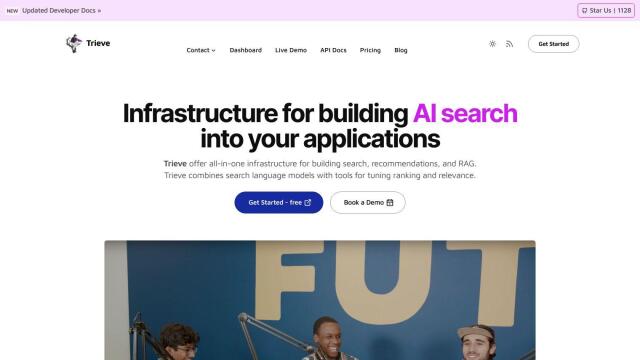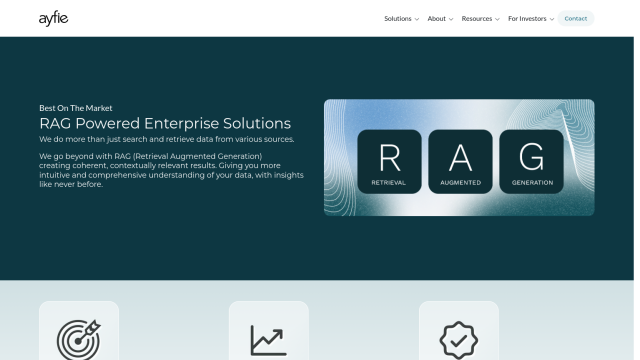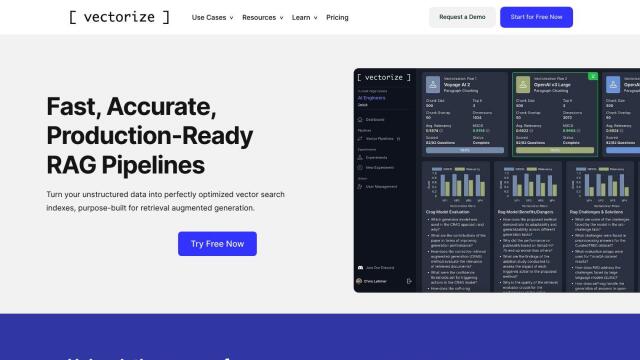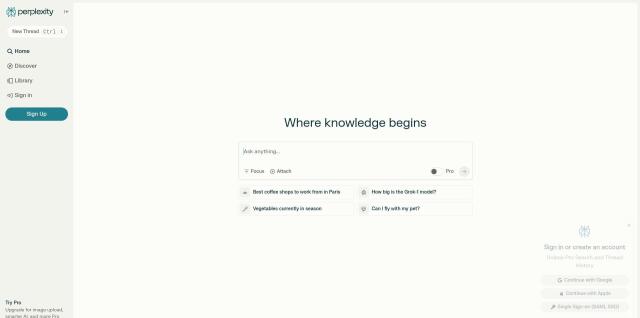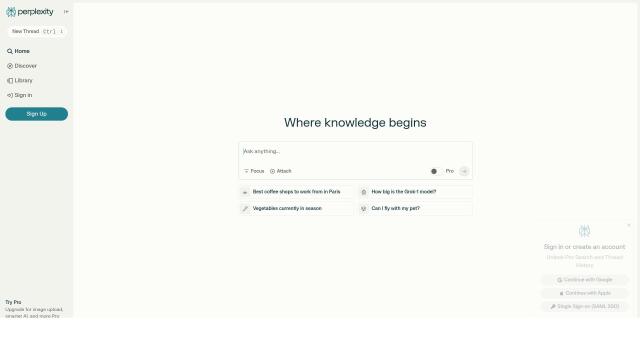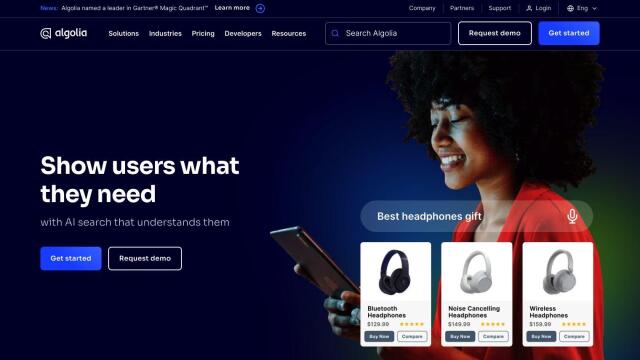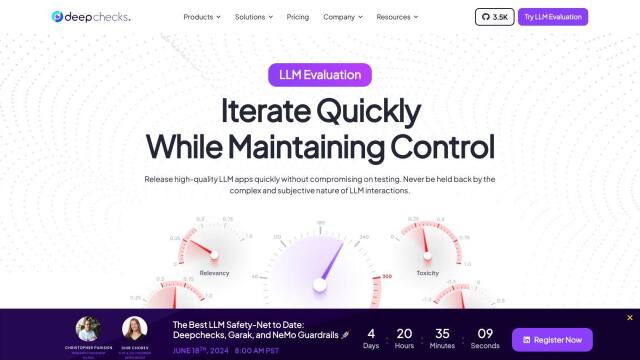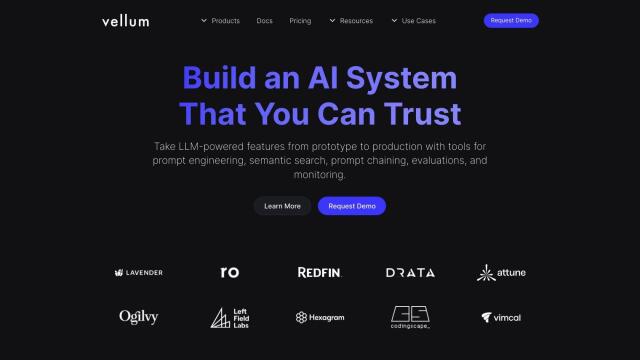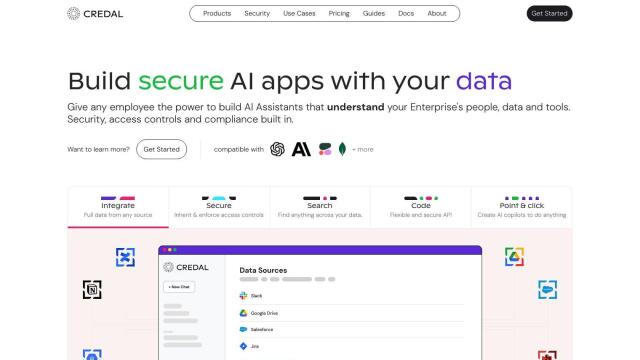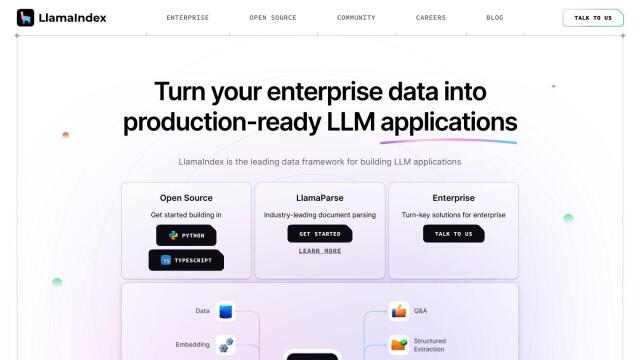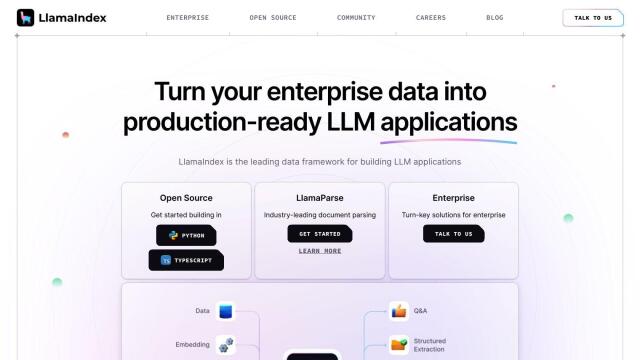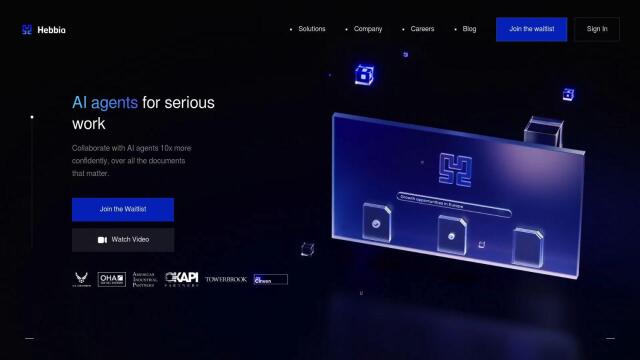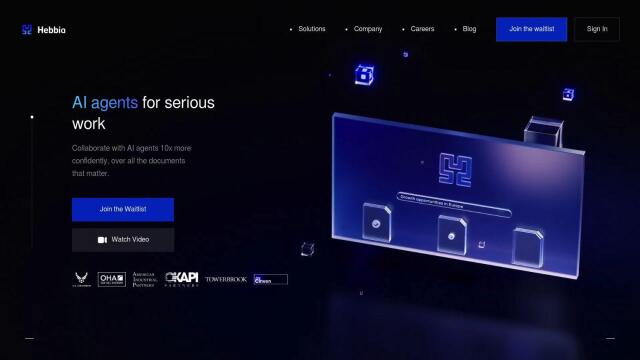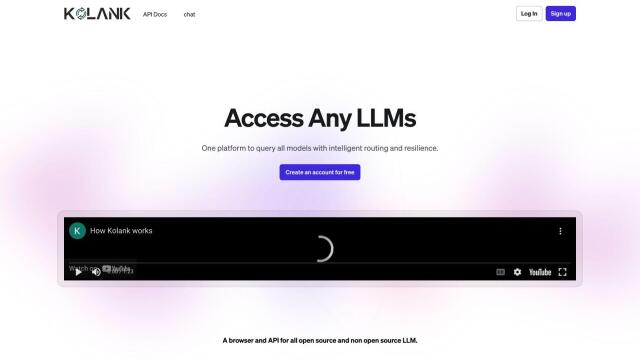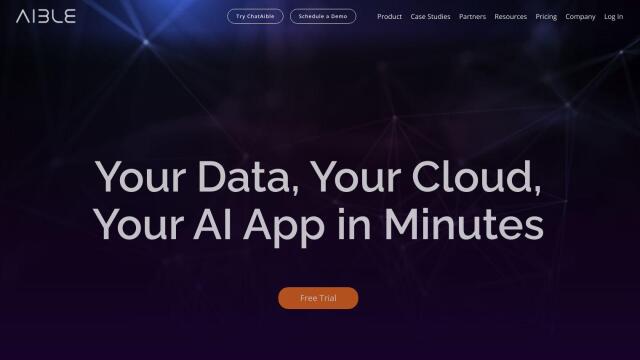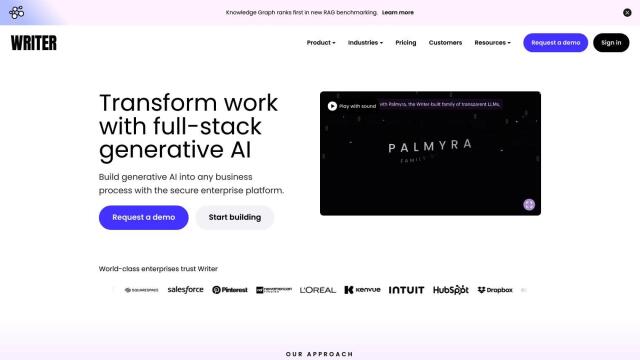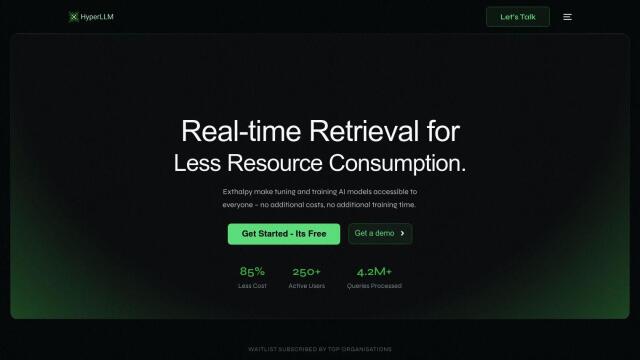Question: Is there a search engine that can help Large Language Models avoid hallucinations by providing a reliable source of web content?

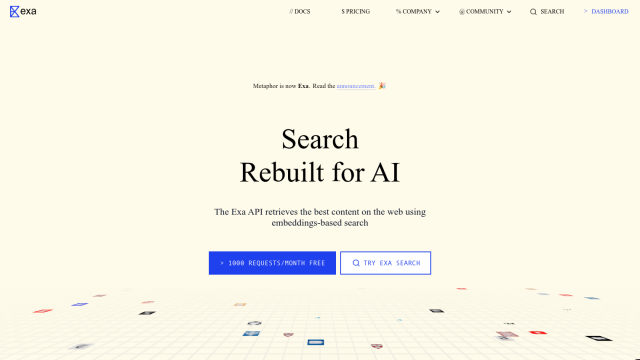
Exa
If you're an LLM looking for a trustworthy source of web content to avoid hallucinations, Exa is a great choice. It uses embeddings and transformer-based models to give contextually relevant results, which is well-suited for LLMs. Exa's index is updated every two minutes, and it offers a variety of pricing levels including a free tier, so you can find a level that works for you. That means developers can quickly get high-quality, authoritative web content.
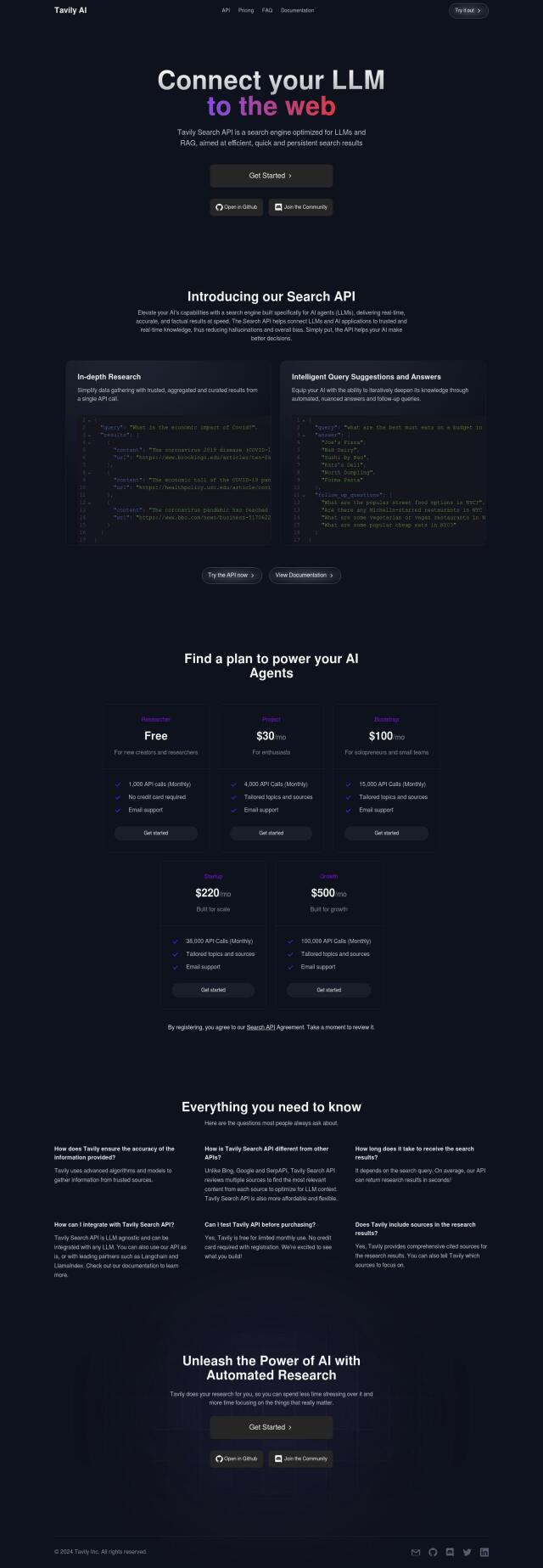
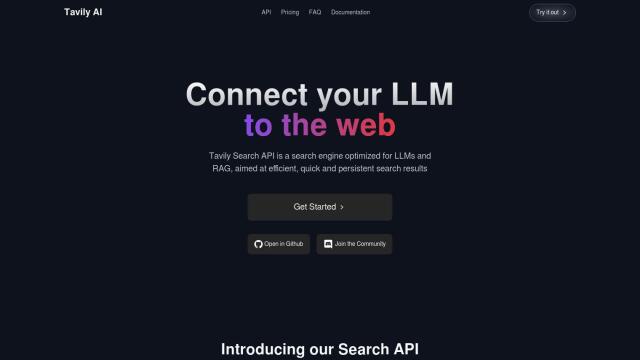
Tavily
Another interesting service is Tavily, a search engine API designed to help LLMs and other AI systems do research more effectively. Tavily aggregates and curates trusted sources to offer real-time, factual information, which can help reduce AI bias and hallucinations. It offers a variety of pricing plans to match different project sizes and needs, so it's a good choice for developers.

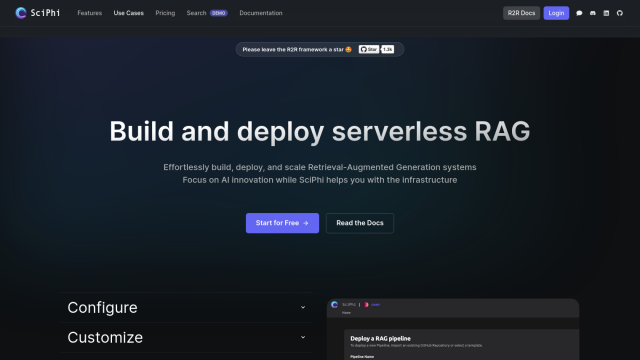
SciPhi
If you need to build and deploy Retrieval-Augmented Generation (RAG) systems, SciPhi offers a powerful information retrieval system. It offers flexible document ingestion, robust document management and scalable deployment of advanced methods like HyDE and RAG-Fusion. SciPhi has flexible pricing tiers and extensive documentation, too, so it's a good choice for building AI applications that need high-quality content.

